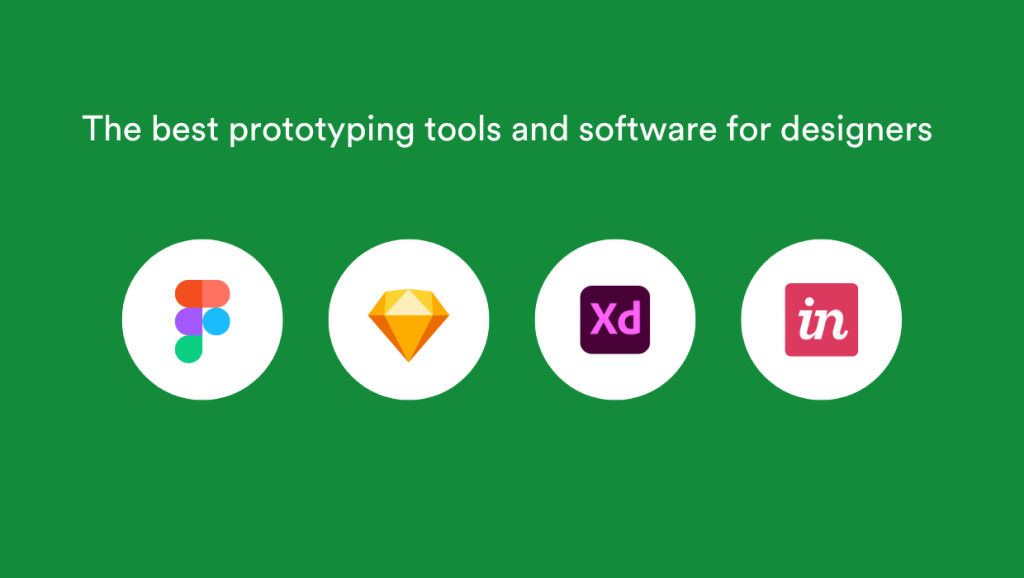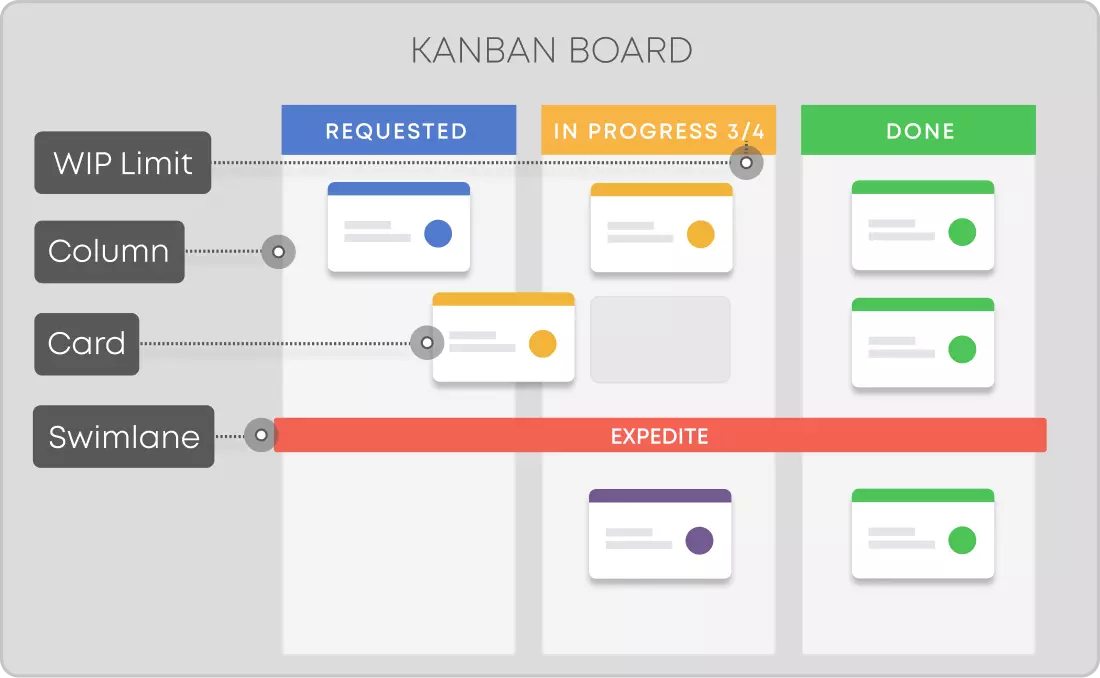When building a startup, having the right design and prototyping tools is crucial. These tools allow teams to conceptualize, iterate, and refine ideas, turning them into functional, user-centered products. Whether you’re creating a mobile app, designing a website, or crafting marketing materials, the right tools can make all the difference. Here’s a breakdown of essential design and prototyping software for startups.
1. Canva
Best for: Marketing materials, social media graphics, presentations
Canva is a user-friendly graphic design tool perfect for startups without dedicated design teams. Its drag-and-drop interface allows anyone to create professional-looking designs, including social media posts, flyers, posters, and presentations. With pre-made templates and a vast library of images, fonts, and icons, Canva makes branding accessible and affordable.
Key Features:
- Pre-designed templates for quick edits
- Collaboration features for team projects
- Affordable plans with free-tier access
2. Figma
Best for: Collaborative UI/UX design and prototyping
Figma has emerged as a favorite among startups for its real-time collaboration and robust design capabilities. It’s a cloud-based tool that allows teams to work on UI/UX designs simultaneously, making it ideal for remote or distributed teams. Figma also offers powerful prototyping features, enabling designers to create interactive mockups of apps and websites.
Key Features:
- Cloud-based collaboration
- Version history for tracking changes
- Extensive plugins for added functionality
3. Adobe Creative Cloud
Best for: Professional-grade design
Adobe Creative Cloud offers industry-leading tools for every aspect of design. From Adobe Photoshop and Illustrator for graphic design to Adobe XD for prototyping, this suite is a powerhouse for startups looking for professional-grade tools. While it comes with a learning curve, Adobe’s versatility makes it a worthwhile investment for startups prioritizing high-quality visuals.
Key Features:
- Comprehensive suite covering design, photo editing, and prototyping
- Integration across tools like Photoshop, Illustrator, and XD
- Vast online resources and tutorials
4. Sketch
Best for: App and web design
Sketch is a vector-based design tool tailored for UI and UX design. While it’s Mac-only, its intuitive interface and extensive plugin ecosystem make it a favorite among designers. Startups focusing on web and app development will benefit from its clean design environment and prototyping features.
Key Features:
- Intuitive interface for creating wireframes and mockups
- Large library of third-party plugins
- Seamless integration with developer tools
5. InVision
Best for: Prototyping and user testing
InVision specializes in prototyping and collaboration, allowing startups to turn static designs into interactive experiences. Its tools support user testing, design handoff, and feedback collection, streamlining the product design process. InVision’s cloud-based platform makes it easy for startups to involve stakeholders in the design process.
Key Features:
- Interactive prototyping for apps and websites
- User testing and feedback collection tools
- Integration with design tools like Sketch and Adobe XD
6. Marvel
Best for: Simple prototyping and wireframing
Marvel is a beginner-friendly tool for creating wireframes, mockups, and prototypes. It’s great for startups looking to rapidly validate ideas without diving into complex software. Marvel’s simplicity and focus on prototyping make it accessible for non-designers.
Key Features:
- Drag-and-drop prototyping
- Integrations with tools like Slack and Jira
- Automated user testing features
7. Zeplin
Best for: Design handoff to developers
Zeplin bridges the gap between designers and developers. It turns completed designs into developer-friendly specs, including code snippets, assets, and style guides. This ensures that startups can transition from design to development efficiently.
Key Features:
- Detailed design specs for developers
- Integration with Figma, Sketch, and Adobe XD
- Streamlined collaboration between teams
8. Protopie
Best for: Advanced interactive prototypes
For startups needing high-fidelity prototypes with complex interactions, ProtoPie is an excellent choice. It allows designers to create prototypes with advanced animations and micro-interactions, making it ideal for testing user experiences.
Key Features:
- Advanced interaction design without coding
- Compatibility with tools like Figma and Sketch
- Hardware integration for testing IoT devices
9. Affinity Designer
Best for: Affordable graphic design
Affinity Designer is a budget-friendly alternative to Adobe Illustrator. It offers powerful vector and raster design tools, making it suitable for startups looking to create logos, branding, and marketing assets without a subscription commitment.
Key Features:
- One-time purchase pricing
- Robust vector and raster design tools
- Cross-platform compatibility (Windows, Mac, iPad)
10. Balsamiq
Best for: Low-fidelity wireframing
Balsamiq focuses on creating quick, low-fidelity wireframes that help teams communicate ideas early in the design process. Its simple interface is perfect for startups looking to brainstorm and test ideas without distractions.
Key Features:
- Drag-and-drop interface
- Pre-built UI components
- Quick export options for team sharing
When selecting design and prototyping tools for your startup, consider the following:
- Team Size: If your team is small or non-technical, opt for user-friendly tools like Canva or Figma.
- Budget: Startups with limited budgets can explore free or affordable options like Canva, Affinity Designer, or open-source tools.
- Collaboration Needs: For distributed teams, prioritize cloud-based tools like Figma or InVision.
- Project Type: UI/UX-heavy projects will benefit from tools like Figma, Sketch, or Adobe XD, while graphic design needs might lean toward Canva or Adobe Illustrator.
Investing in the right design and prototyping software will empower your startup to create polished, user-centric products while maintaining agility in the fast-paced startup ecosystem. With so many tools available, there’s something for every team, regardless of skill level or budget.





